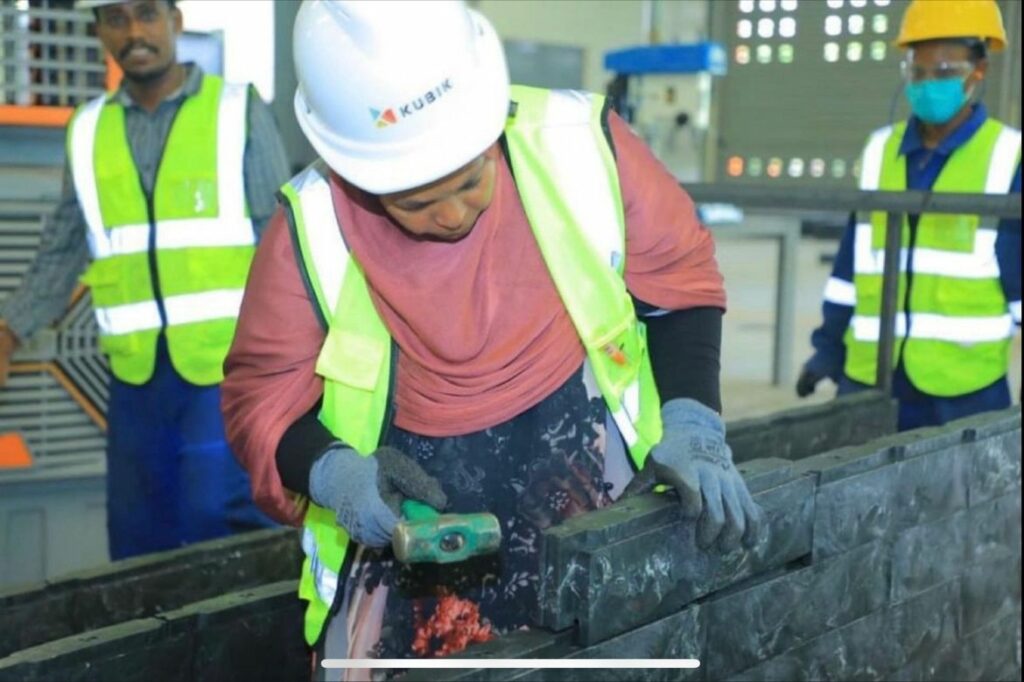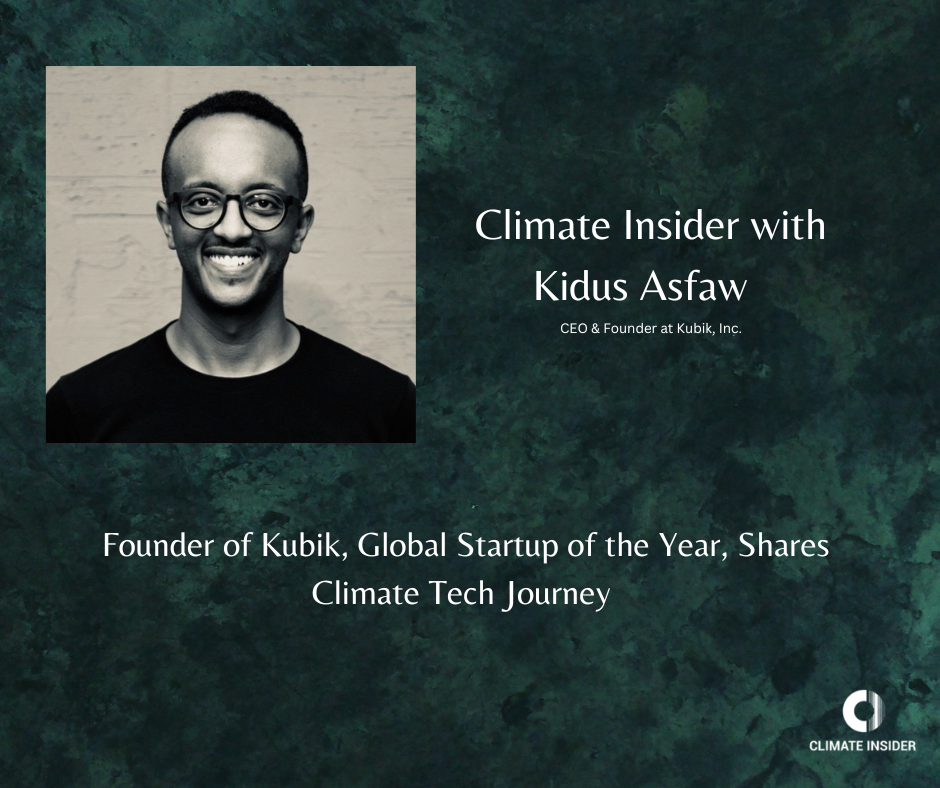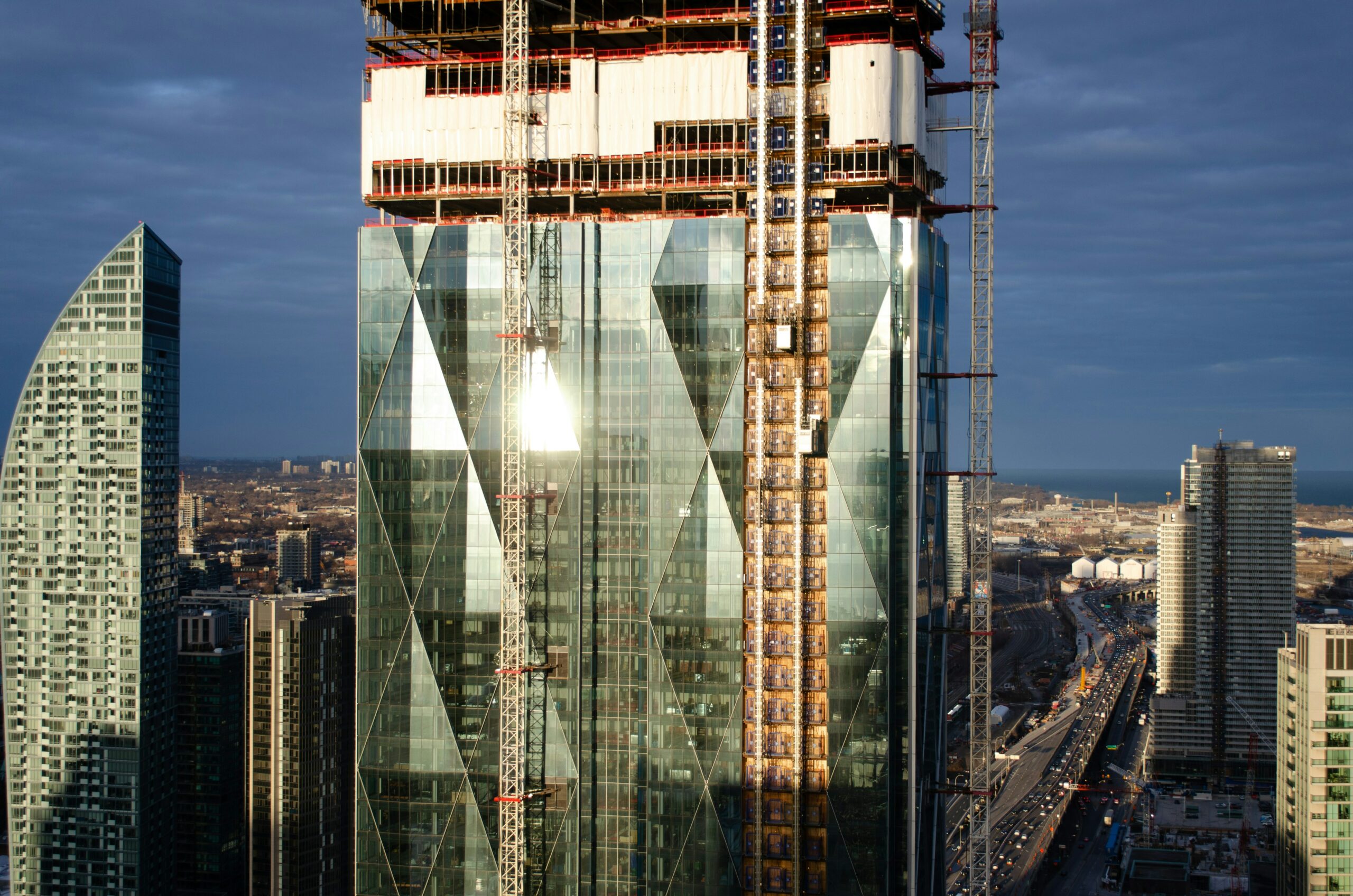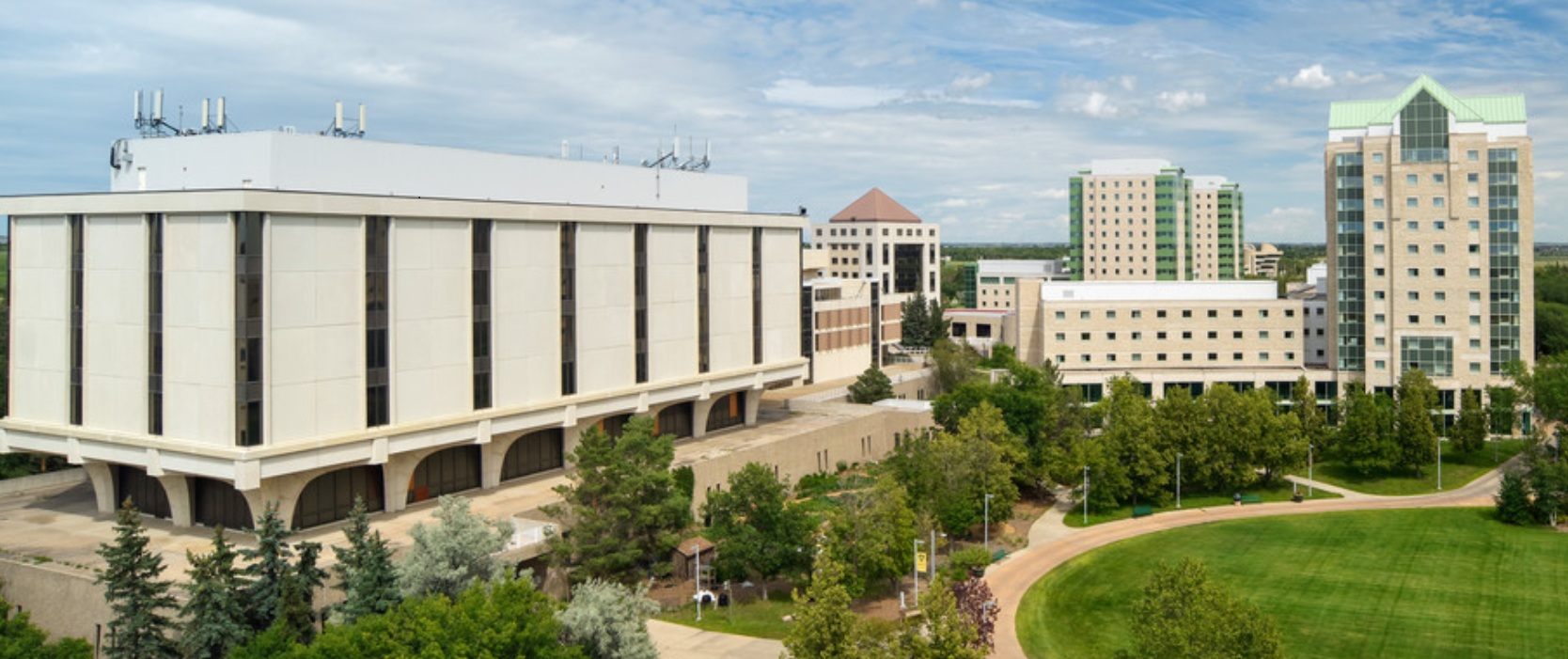Climate Insider had the opportunity to interview Kidus Asfaw, Co-Founder and CEO of Kubik, a climate tech startup based in Ethiopia. Kubik recently raised $5.2 million in funding from investors including African Renaissance Partners, Endgame Capital and King Philanthropies. Kubik is the first Ethiopian company to raise a multi-million dollar investment in climate and sustainability solutions. Kubik was also honoured as the ‘Global Startup of the Year’ at the 2023 Global Startup Awards and ‘Africa’s leading ClimateTech startup’ at VivaTech, the annual technology conference.

Kidus Asfaw has a background of working in international organisations including UNICEF, before he founded Kubik. Climate Insider asked him about his inspiration behind his founding journey. Kidus mentioned that his inspiration stemmed from his role as a father of three, as he saw the world change rapidly and experience damage because of climate change.
“What kind of world am I leaving them behind and what am I doing to make it the best possible? Early in 2018, a collaboration with my mentor at unicef answered that question for me. We set up a programme to recycle plastic waste into bricks for affordable schools. Over time, we saw these programmes transform landscapes and lives… we could also see how much less polluting it was vs using cement. I wanted to do more of this at a much bigger scale. This is when the idea of Kubik started to brew in 2021.”
Kidus Asfaw
Climate Insider’s follow-up question was to hear from Kidus himself what he thought Kubik’s key solution was. Kidus answered, “We make low-carbon, low-cost building materials using hard-to-recycle plastic waste. We tackle major problems for cities that address plastic waste, affordability in construction, and climate change.” This innovative approach not only addresses pressing urban challenges such as plastic waste management but also contributes to mitigating climate change while making housing more accessible.


Congratulating Kidus about the recent funding, the team asked him about his experience with venture capital investors’ attitude towards climate tech, and challenges around funding. Kidus expressed that venture capitalists are increasingly focused on climate tech, given the current landscape.
“VCs are placing a big focus on climate tech. They feel the existential crisis humanity is going through and the business opportunity to better the companies that will do something about it. But they can’t do it alone. Startups need a blend of capital and resources to accelerate solutions. VCs are playing a big role and hopefully bringing others along with them.”
Kidus Asfaw
Shedding light on funding challenges, Kidus said, “Hardware is still a hard thing to fund in Africa. Climate solutions need a lot of physical solutions and Africa is a continent burgeoning with planet saving ideas. I hope more attention and vets are taken on the continent beyond software.” Kidus emphasized the difficulty in securing investment for hardware solutions. Unlike software-based innovations that may require minimal physical infrastructure, climate solutions often demand tangible, physical implementations. This poses a significant hurdle in regions like Africa, where access to capital for hardware-based ventures remains limited.
Looking ahead to 2024, Kidus anticipates a surge in capital inflows and acquisitions within the African climate tech industry. With larger companies recognizing the value of investing in innovative startups, he foresees more successful exits, further fueling innovation and sustainability efforts across the region. Kidus’s anticipation of a surge in capital inflows and acquisitions within the African climate tech industry reflects a growing recognition of the region’s potential to drive climate solutions. With greater financial resources available, startups will have the opportunity to scale their operations, accelerate product development, and expand their reach across the continent and beyond. Additionally, successful exits through acquisitions will not only provide financial returns for investors but also serve as validation of the viability and efficacy of African climate tech startups.
Kidus Asfaw’s journey from international organisations to founding Kubik exemplifies the power of individual initiative in addressing climate change. Through his vision and dedication, Kubik is not only revolutionising the construction industry but also contributing towards equity and accessible housing.
To stay informed about the climate industry explore our latest climate tech news.








